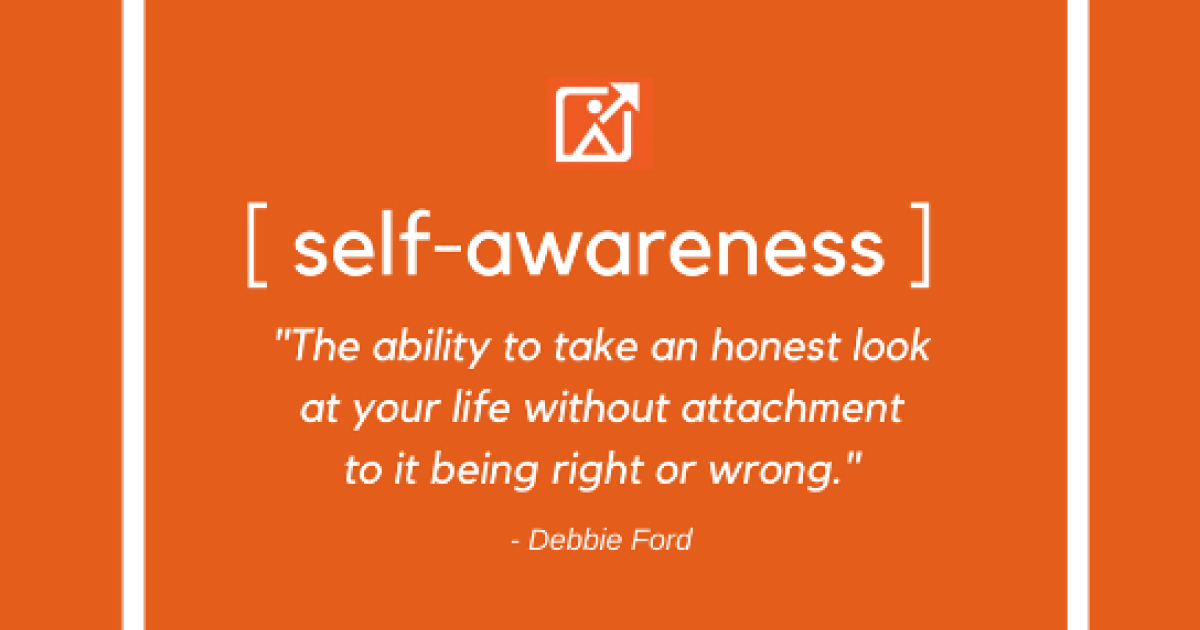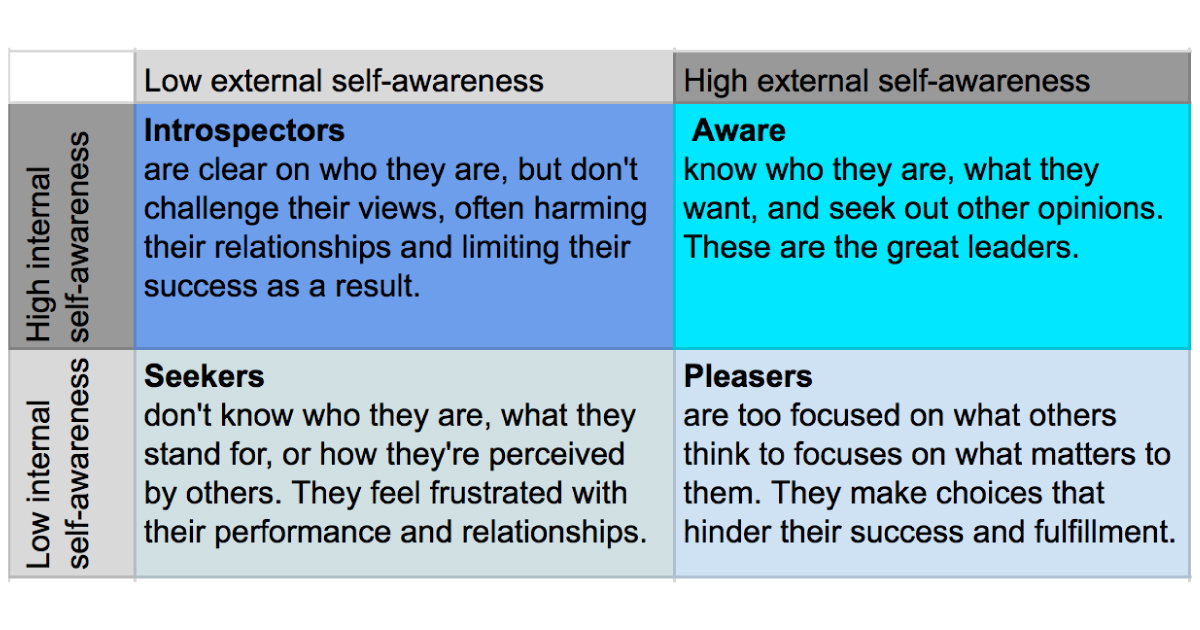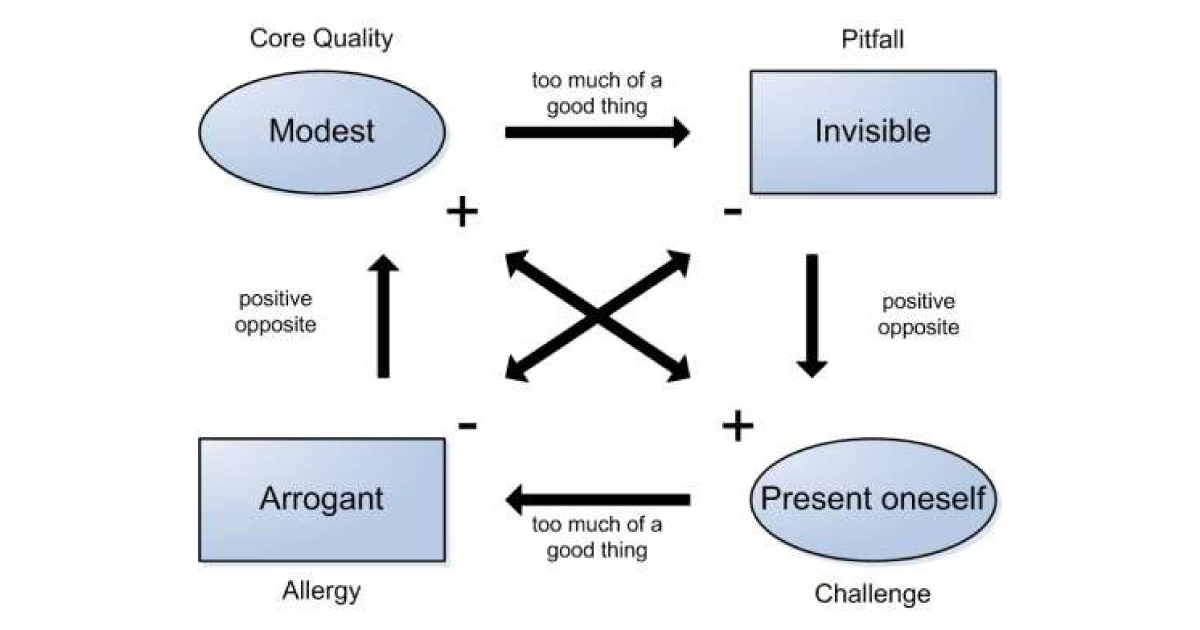Developing awareness of identity
Developing awareness of identity in different situations

Becoming aware of who you are, means that you have a deeper understanding of your core identity no matter the context and in different situations.
The big topic for the 21st century – self-awareness
In the past few years, there has been a lot of information, research, books, and seminars on the topic of self-awareness. Self-awareness is now regarded as a core skill for the 21st century. Why? Simply because, from the moment we wake up, our focus is outside our self – screens, outfits, people, streets, duties, entertainment … the list goes on. This also explains why many participants find non-formal education programs and training so life-changing and empowering – finally, there is time to reflect on our issues and our own identity.
There have been numerous studies on the positive impact of self-awareness. Some examples:
- Studies show that people who have a higher level of internal self-awareness are more satisfied with their job, feel more content with relationships, and have higher levels of life satisfaction. People who have a higher level of external self-awareness are more skilled at showing empathy and taking into account other people’s perspectives. Self-awareness can make us more proactive, boost our acceptance, and encourage positive self-development;
- Self-awareness allows us to see things from the perspective of others, practice self-control, work creatively and productively, experience pride in ourselves and our work, and increase general self-esteem;
- Self-awareness leads to better decision-making; and
- Self-awareness can make us better at our jobs, better communicators in the workplace, and enhance our self-confidence and job-related wellbeing.
(Source: https://hbr.org/2018/01/what-self-awareness-really-is-and-how-to-cultivate-it)
What is self-awareness?

Becoming aware of who you are, means that you have a deeper understanding of your core identity. It is about being truly honest with yourself without pretending or trying to hide or suppress things. It is about knowing what exactly drives you to do things the way that you do them. Your background, values, and beliefs are the things that make up your identity and character, and therefore influence your choices, actions, and results in everyday life. Understanding how these values and beliefs influence you can help you make better choices.
A study made by Tasha Eurich (Organizational psychologist and author of “Insights” a book about self-awareness) states that 95% of people say that they’re self-aware. But only 10-15% of people actually are. You can do a quick quiz about your own self-awareness here: https://www.insight-book.com/Quiz.
The study revealed some important aspects of self-awareness.
There are two types of self-awareness. The first one is called internal – understanding yourself. It represents how clearly and honestly you see your own:
- values;
- passions;
- aspirations;
- fit to your environment;
- strengths and weaknesses;
- reactions (thoughts, feelings); and
- Impact on others.
The second one is external – understanding how others perceive you concerning the same factors mentioned for internal self-awareness. How these two forms combine, define the kind of person you are.
The table below represents how internal and external self-awareness are connected.

- Which type represents you?
- How can you develop your inner self-awareness?
- How can you develop your external self-awareness?
- How does developing external self-awareness affect awareness of your identity?
But let’s not be too naïve in believing that acquiring a higher level of self-awareness is an easy process. Why? Because people realize that facing yourself honestly might not be a comfortable process, you have to be ready to face issues that might not be enjoyable. It takes courage and hard work to be aware of them and then acts according to your new realizations and understanding of yourself.
The great thing about non-formal education training is that they provide a lot of space for improving internal and external self-awareness. Reflection, debriefing, and sharing before, during and after activities allow participants to be more connected to their emotions, thoughts, and to understand new things about themselves.
Awareness of a core quality
Everyone has positive qualities. Searching for these positive traits, studying them in-depth and understanding them in different situations, can help us develop an awareness of our identity. Ofman’s theory on core quadrants presents a method for identifying and strengthening each individual’s positive characteristics. It includes four concepts: Core Quality, Pitfall, Challenge and Allergy. The relationship between the four concepts is shown in the following figure. Below I will describe how to work with this framework step by step.

Core quality
A core quality is someone’s natural positive quality, for example; being modest. Think about yourself: What are your 1 or 2 core qualities? If other people described you, which words would they use?
Pitfall
When a core quality is taken too far and becomes extreme, the strength becomes a weakness. When the threshold has been exceeded, a pitfall appears and the quality has a negative effect on the environment and the people around. An example is when a person is too modest they can become invisible. Think about yourself: What happens when there is too much of your core quality? How do you behave? How does this affect other people?
Challenge
Every pitfall has a positive-opposite which is a good supplement to the core quality. The challenge provides a balance and suggests an area for improvement. For example, if the pitfall is being invisible then the positive-opposite is being able to present oneself to a group of people. Think about yourself: What is the positive-opposite of your pitfall? Is it a quality that would help you to grow and improve?
Allergy
When someone goes too far towards their challenge and embraces the positive-opposite of their pitfall, there is a risk that quality will deteriorate into the allergy. For example, if the challenge is being able to present yourself confidently to others, and you take it too far, it can become arrogant. Think about yourself. What is your allergy? What will happen if there will be too much of the quality that represents your challenge?
How does this apply to be a trainer?
- Being able to access and develop your own awareness of identity involves inner self-awareness and external self-awareness. If you are a trainer you must have time for self-reflection and self-dialogue; take time to question your own identity and its inherent elements. At the same time, it is also crucial that you ask for feedback, be open to it and take it into account so that you can understand your identity as a trainer.
- Complete the exercise of Core Qualities by yourself. Be aware of what your core qualities are as a trainer and how can they become your pitfalls. Analyze what your challenge is and its possible allergy. This will help you to be more aware of your identity as a trainer.
Exercises
Name: Circles of life
Description:
Participants should be provided full instructs on the task before they start. Everyone should draw and write individually before sharing in small groups of 3 – 4 people.
- Draw 3 circles one inside the other.
- Label the inner circle “The purpose of my life”. Write down what you believe is the purpose of your life. Include what you want to achieve and what impact you would like to make (in specific training contexts, this can be changed to “your purpose in youth work” or “your purpose as a trainer”).
- The middle circle is labeled “Roles in my life”. Write down all the roles in life that you identify yourself with, for example, sister, mother, friend, youth worker, trainer, animal welfare activist, etc. This circle also indicates which of these roles are unchangeable and which are the ones that you can change between depending on the context or situation. Finally, indicate how these roles help you achieve your purpose; which roles are helping you and which roles are stopping you?
- The outer circle is labeled “Priorities in my life”. Write down all the priorities that are currently important in your life, link these priorities to the roles they are related to and describe how these priorities correspond to the purpose of your life.
Reflection Questions
- How would you describe yourself in 10 words?
- What do you find unique about yourself?
- Which are the most crucial elements of your identity?
- Which of these elements are you satisfied with? Which are the ones that you would like to change?
Videos
Increase your self-awareness with one simple fix | Tasha Eurich
“Your identity, self-esteem, and awareness of your ego lay the groundwork for your life. How you conduct yourself with others, and whether you have the strength to make your way without needing to ask for another’s permission, depends on how well you succeed at the many challenges that awaken your need to take charge of who you are. “ Caroline Myss
“Knowing others is intelligence;
knowing yourself is true wisdom.
Mastering others is strength;
mastering yourself is true power.”Lao Tzu, Tao Te Ching




